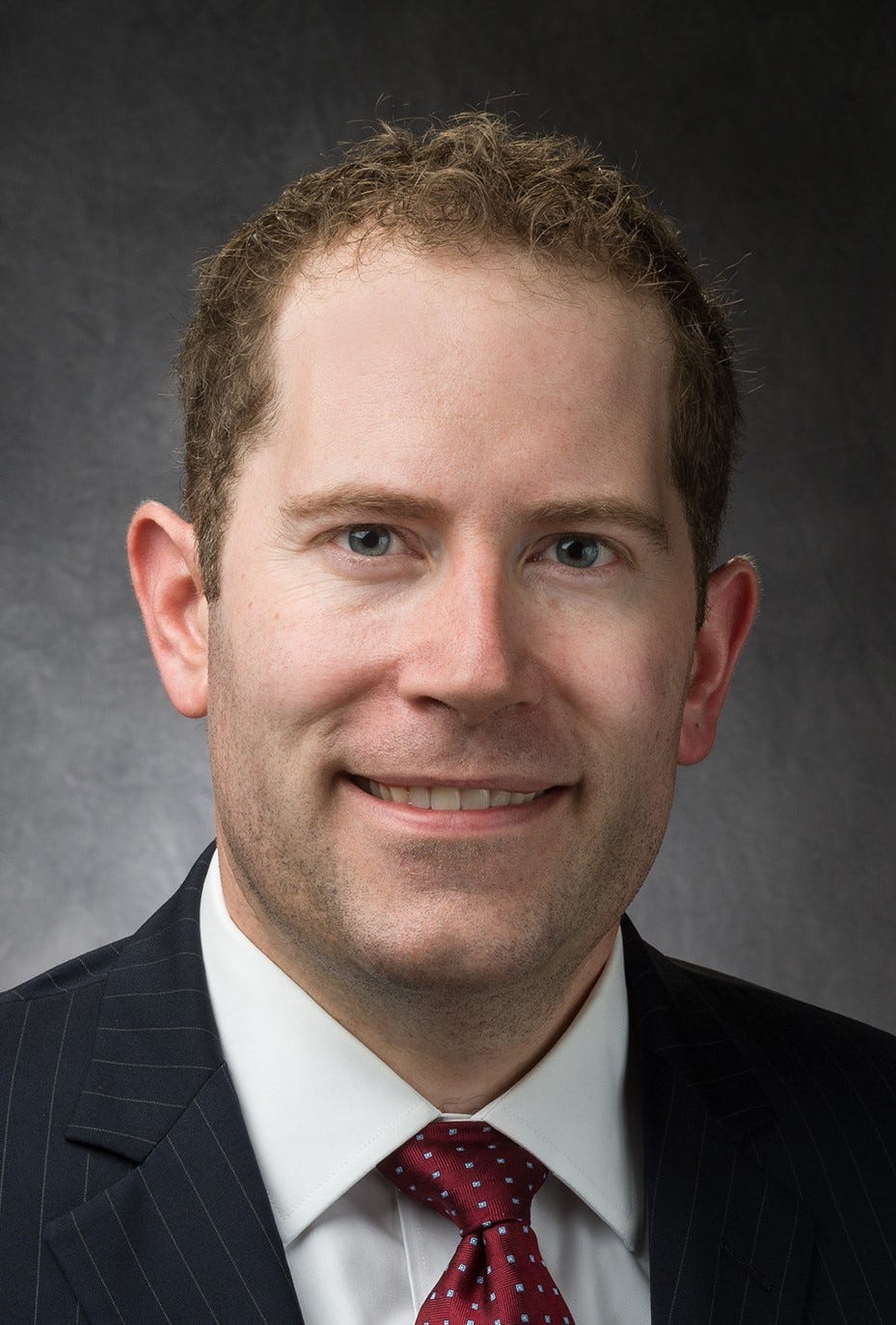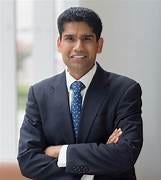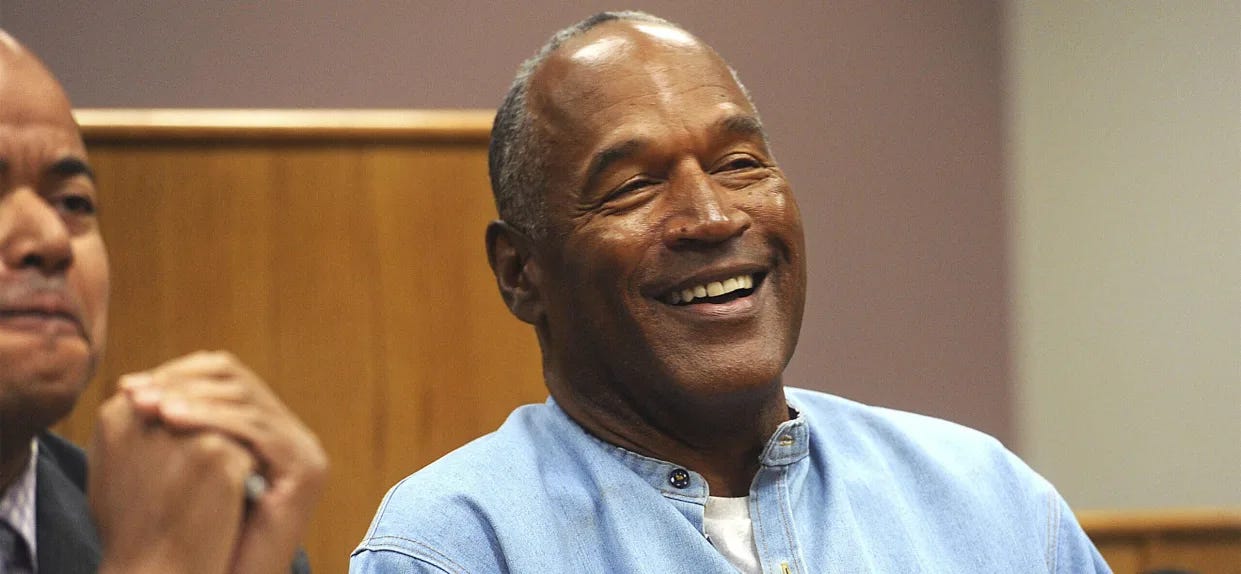Shining some light on diets to slow lower-risk prostate cancer--don't forget to exercise
Also, I am starting a campaign to help on two prostate cancer isssues
By Howard Wolinsky
One of the first things many men do when diagnosed with prostate cancer is ask whether there is a diet to follow that might stop or even slow the progression of this already slow-growing cancer.
We usually get empty stares back at best.
I know I did back when I was diagnosed in 2010. The doctor who put me on active surveillance said that there was no diet proven to help.
He did get me enrolled in a major diet study. But I was pissed off that I was just handed a very general pamphlet, received no dietary counseling, and was unceremoniously dumped into the control group.
So I did my own thing and lost 40 pounds on a low-fat, heart-healthy diet. Take that. I suspect a lot of participants messed with the researchers because the study results were a hot mess barely recommending a benefit from fruits and veggies.
Two years ago or so, I was on a panel with Dr. Howard Parnes, head of prostate cancer research for the National Cancer Institute. He told us his group had been looking for dietary answers for prostate cancer for three decades and had come up empty. (A few attendees booed.)
But the pendulum is starting to swing now in the direction of plant-based diets. (FYI, the doctor who put me in that study is now on a plant-based diet. And I hear that many of the hot shots in the field have gone vegan, whatever they may be telling us to do about our diets.)
(Stacy Loeb, MD, prostate and lifestyle expert expert and columnist for TheActiveSurveillor.com)
Stacy Loeb, MD, a urologist and lifestyle medicine physician, and colleagues from Harvard and the University of California San Francisco have just reported on a study showing that a plant-based diet, low in dairy and meat but rich in fruits, vegetables, grains, and nuts, can improve sexual and urinary health in patients treated for local prostate cancer. Most of the men in the study had undergone prostatectomy or radiation therapy, A handful were on active surveillance for low-risk prostate cancer.
The study appeared on February 13, 2024 in the journal Cancer and check my story in Medscape Medical News.
"The current study shows for the first time an association between eating more plant-based food with better scores for quality of life among patients diagnosed with prostate cancer," said Loeb, who does a column on lifestyle medicine for TheActiveSurveillor.com and herself is on a plant-based diet.
(I followed Dr. Loeb’s guidance last fall and went on a plant-based diet. I lost 10 pounds. My PSA was unchanged but my blood sugar returned to near normal. I can’t claim I am fully on the diet now, but I expect to trend back soon.)
Loeb previously showed that a plant-based diet can reduce the risk for recurrence and improve survivorship in men with more advanced prostate cancer.
For the new study, Loeb and her colleagues looked at data from more than 3,500 men with prostate cancer in the Health Professionals Follow-Up Study, an ongoing investigation begun in 1986 and sponsored by Harvard T.H. Chan School of Public Health. The dataset included more than 50,000 male dentists, pharmacists, optometrists, osteopathic physicians, podiatrists, and veterinarians.
Researchers found subjects who consumed the most plant-based foods scored 8%-11% better in measures of sexual function than the group that consumed the least of these products. These men also reported up to 14% better scores for urinary health, with fewer instances of incontinence, obstruction, and irritation, and up to 13% better scores in hormonal health, marked by symptoms like low energy, depression, and hot flashes.
(Dr. Justin Gregg has studied the Mediterranean diet.)
Justin Gregg, MD, is a urology researcher at the University of Texas MD Anderson Cancer Center, in Houston, Texas, has conducted research showing that the Mediterranean diet, which is heavy in fruits and veggies but limits red meat, can slow tumor progression among men with localized prostate cancer on active surveillance, called the results "not entirely surprising, as prior studies have shown associations between plant-based diet and outcomes like erectile function among men who do not have prostate cancer."
Gregg said it is important to note that plant-based diets help protect against the risk of heart disease, which is more likely than prostate cancer to kill those of us with lower-risk prostate cancer.
(Ranjith Ramasamy, MD, U of Miami.)
Ranjith Ramasamy, MD, a urology researcher at the University of Miami, said, “This is an association study showing men who consume a plant-based diet have lower risk of elevated PSA and prostate cancer. In general, men who consume a plant-based diet are more likely to lead a healthier lifestyle, and, therefore, could be influencing prostate cancer outcomes. More research is needed to confirm the causative role of plant-based diet in prostate health.”
I contacted the NCI’s Dr. Parnes for comment, but I’m still waiting.
Check out Dr. Loeb speaking in the Active Surveillance 101 program on diet: https://aspatients.org/meeting/as-101-program-on-diet-and-nutritional-lifestyle/
Can you join me in a project to make a difference in prostate cancer?
By Howard Wolinsky
Most of you know I’m in a Master in Public Health program at the University of Illinois Chicago School of Public Health.
For one of my courses, I have to get involved in a project to advocate for the public health. No doubt I’ll be the only one advocating for prostate cancer. But you can help.
I had an idea to take on a couple of issues relating to prostate cancer.
One is to promote the HIM Act in the U.S. Senate and House to require health insurance providers to offer PSA screening without any cost-sharing for African American men or those with a family history of prostate cancer.
The other idea is to expand the focus of the Congressionally Mandated Medical Research Program involving the U.S. Department of Defense to cover research on low-risk prostate cancer. Congress Members can request funding but have been limited to just lethal cancers. Are the rest of us just chopped liver?
I decided to approach the staff of my Congresswoman Robin Kelly and the two Illinois Senators, Dick Durbin and Tammy Duckworth.
The receptions have been warm. I feel I will be getting some support on these issues, which are bipartisan.
I decided that maybe I should be thinking bigger and harnessing YOUR help on these issues.
I’ll write more about the ins and outs. But I request that you send me a note at Contact me at pros8canswers@gmail.com volunteering to make a difference. I’ll share instructions soon. It will be limited.
I am looking for volunteers from across the USA.
But I have an urgent need for volunteers from Alaska, Arkansas, Connecticut, Delaware, Hawaii, Illinois, Kansas, Kentucky, Montana, Maine New Hampshire, North Dakota, South Carolina, Virginia, Washington, and Wisconsin. Why? There’s still time to try to influence or at least raise a ruckus about allocations for the Department of Defense research.
Help me at least ace my class and maybe do some good,
Sweating for us oldies: More proof of benefit to exercise and PCa
By Howard Wolinsky
Experts have been saying for a while if you had to choose between exercise and diet to try to control prostate cancer, the smart money was on exercise.
A plant-based diet may be showing benefits and giving exercise a run for the money. But the case for exercise is growing.
A large new Swedish study is showing again that exercise can play an important role.
In one of the largest studies to date, Swedish researchers reported in the British Journal of Sports Medicine that they had collected data from 57,652 Swedish men who had participated in at least two fitness tests to determine whether men who were more active were less likely to develop cancer. Researchers found that those who had improved in fitness over the years were 35 percent less likely to have been diagnosed with the disease
Researchers in the United States and Canada have shown that brisk walking and high-intensity interval training help slow prostate cancers in low-risk men.
Check out ASPI video of Dr. June Chan and colleagues from UCSF: https://aspatients.org/meeting/lifestyles-and-low-risk-prostate-cancer/
And AnCan video with Dr. Kerry Cournyea, exercise researcher from the University of Alberta:
Updates
—U.S. Defense Secretary Lloyd Austin, 70, was released from Walter Reed National Medical Center on Tuesday Feb. 13 on his second post-prostatectomy hospitalization for complications. Austin had been readmitted for a bladder issue and was in the intensive care for a second time. He temporarily turned over his duties to his deputy. He underwent a non-surgical procedure under general anesthesia on Monday. The bladder issue was not related to his cancer diagnosis and will have no effect on his excellent cancer prognosis," Dr. John Maddox, trauma medical director, and Dr. Gregory Chesnut, director of the Center for Prostate Disease Research at the Murtha Cancer Center, said in a statement.
—No news on what type of cancer King Charles III is being treated for. At the King’s urging, Buckingham Palace was open about Charles’ admission to the hospital for BPH. During that procedure, a cancer was discovered. Experts suggest it could be a bladder cancer or possibly a metastatic cancer. But the Palanace has been silent about the diagnosis. The King has been most grateful for the public outporing of support.
Check out the AI play “Chas & Lloyd.” No new news on “The Juice.”
"The Juice" diagnosed with prostate cancer--but how bad is it?
By Howard Wolinsky Famous men, infamous men, obscure men, rich/poor, black/white men, none of us is immune to prostate cancer, which the American Cancer Society estimates will be diagnosed in almost 300,000 American me n this year and will kill about 35,000.
ASPI webinar on how AI will decrease overdiagnosis and overtreatment of prostate cancer
By Howard Wolinsky
AI, short for artificial intelligence, is in the headlines increasingly. Medical care is expected to receive the biggest benefits in the field, including prostate cancer.
Join Active Surveillance Patients International (ASPI) on Feb. 24 at noon-1:30 p.m. Eastern to hear a panel talk about AI and how it will be affecting our lives as prostate cancer patients in a program entitled “How AI will decrease overdiagnosis and overtreatment of prostate cancer.”
More information: https://aspatients.org/events/
Sign up for ZERO support group on AS on March 12
By Howard Wolinsky
For the past three years, I have run a special Active Surveillance (AS) support group for ZERO. Last year, our virtual support meeting drew 60 patients to talk about AS. By far, it was the biggest session of any at the annual ZERO Summit.
It will be on at 11 a.m. Eastern on March 12, 2024.
Register:
https://us02web.zoom.us/meeting/register/tZUsfuqgrjIoG9AWf7voMhzT_UjdqbQQbQPA







Chemo Freak,
Best of luck to you.
Sound advice.
How about drawing a cartoon for TheActiveSurveillor on being a diet and cycling maniac?
Howard
I have prostate cancer that spread to my bones. Chemotherapy has eradicated the cancer, but I've been on a vegetarian diet now for several years and am a keen cyclist. First, I feel that exercise has made me stronger and more able to cope with the chemo. Second, I live perfectly happily without meat, although I cannot honestly tell you it has made a difference, but hopefully it has. Good luck with your research, and I would encourage anyone, with or without cancer, to exercise and cut down meat consumption to the minimum.